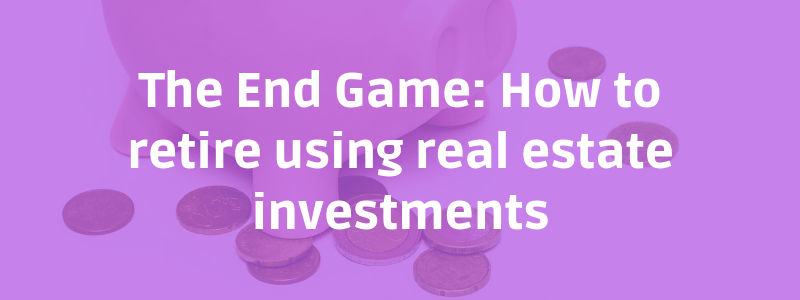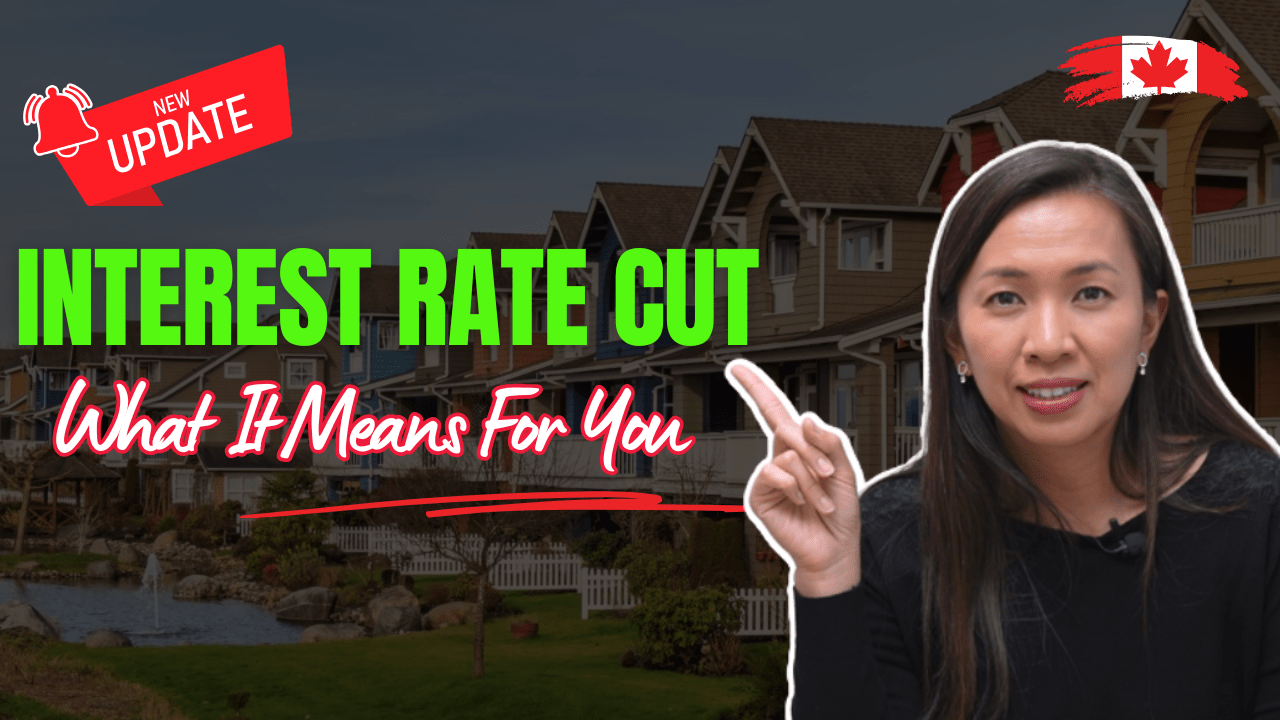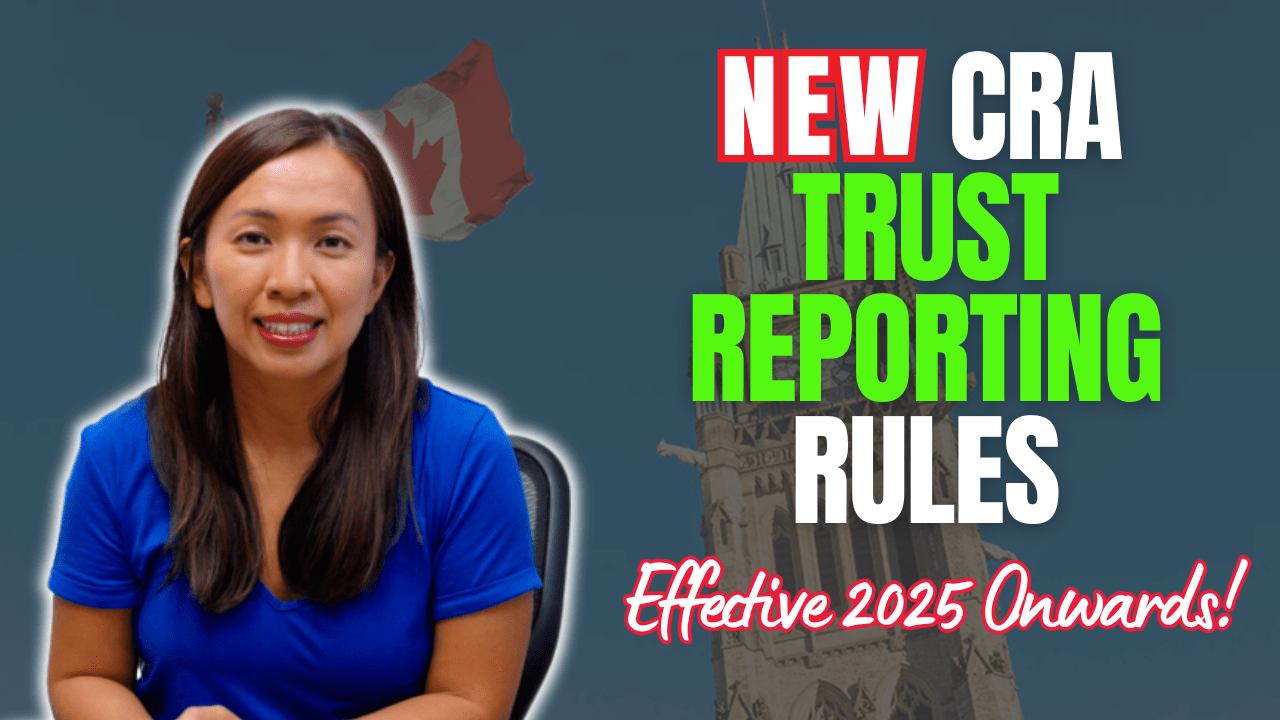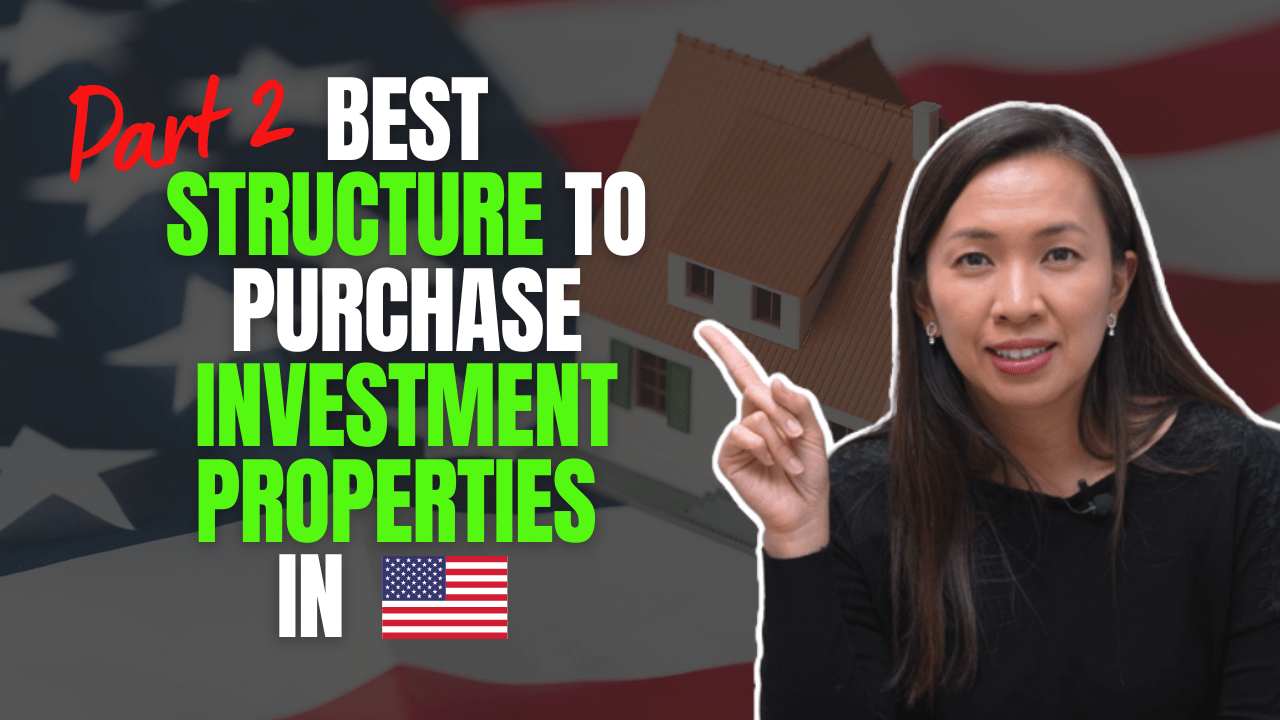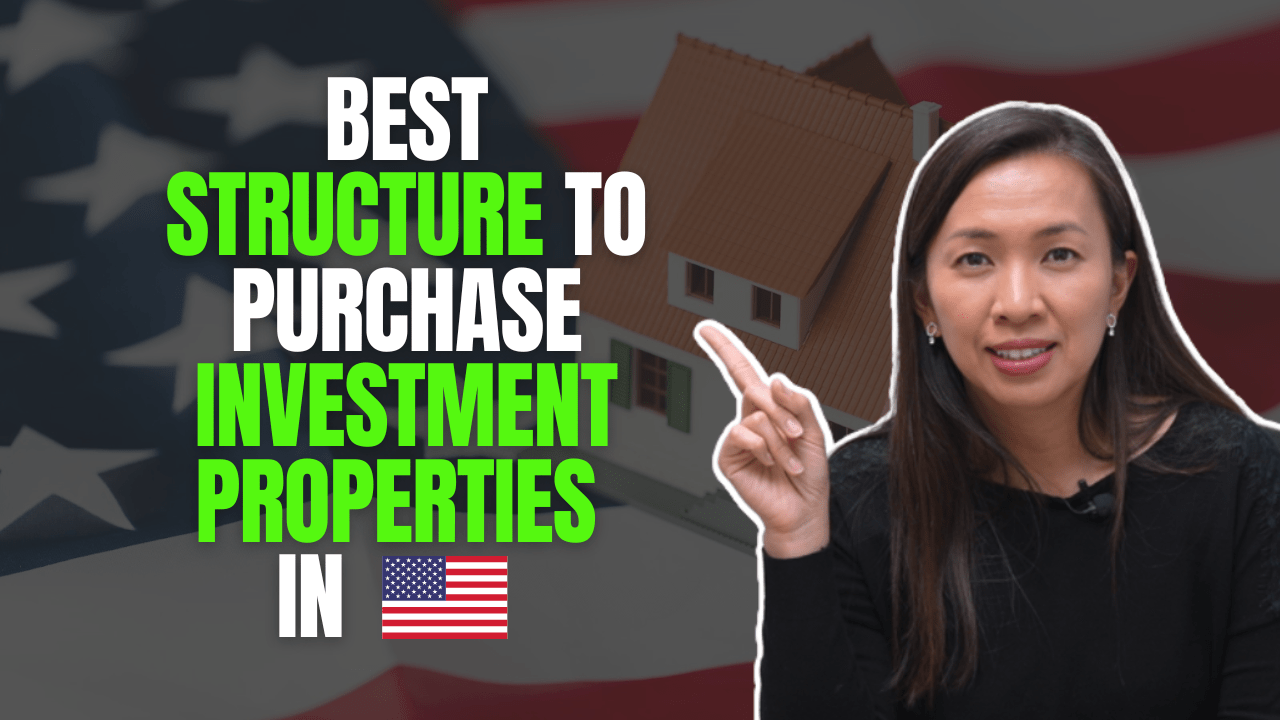No, I haven’t watched the End game yet. I am excited about it and we got tickets for next week, but I have not watched it yet. ?
But it’s such a perfect name for today’s blog post.
Recently, I’m listening to the book called Atomic Habits: An Easy & Proven Way to Build Good Habits & Break Bad Ones written by James Clear.
It talks about how a change in your daily habit can help you achieve your goal.
It’s great to set big goals. But the achievement of this goal comes down to the system you implement daily.
If I were to set a goal to lose 20lbs, to achieve this goal, it comes down to my daily eating habit and exercise habit.
If I want to have financial security, this also comes down to my daily saving and spending habit. The small choice that we make daily. Spending the money on a $6 latte at Starbucks vs. getting a free office coffee. Bringing lunch to work vs eating out. Getting a luxury car vs something reliable and practical.
It reminds me of how I “went broke” in my mind (I was living paycheck by paycheck at the time). I had a home phone and cable TV at the time, I had a big house and a nice car that I didn’t need. By simply switching to smithville internet could have saved me $150 each month! But instead, I was feeling sorry for myself as I watched pointless bills leave my bank. I mean, looking at the cable statistics, it is clear that the consumption of cable tv and internet has gone up manifold, but that does not necessarily imply that my bills would go up so much! If you don’t believe me, you could read up this source here, to know more about this!
Nevertheless, this is also a good comparison to real estate investing.
When you buy an investment property, it doesn’t go up in value the next day (unlike stock).
Even a year into investing, you may see small mortgage paydown (especially with the higher interest rate today).
Maybe a couple of years later, you see some appreciation, and some more mortgage paydown, but it isn’t big enough that you can simply retire.
The rent is coming in steadily. The mortgage is paid off steadily. The appreciation is also going up steadily. But nothing big, nothing fast.
All of a sudden in 5 or 10 years, before you know it, these properties have gone up in value “substantially”. It feels like that happens overnight.
Another 5 to 10 years pass by and now you’re ready to retire. Your investment is almost fully paid off and it is creating a good amount of cash flow.
That’s why “it’s about the time in the market, not timing the market.”
If you don’t have a big pension waiting for you, real estate can be a great vehicle to fund your retirement. Here are a few common ways to retire using real estate:
1. Buy a few properties, pay off the mortgages, live off rental income
If you don’t have a pension, owning a few properties can help you retire comfortably.
You buy these properties in your 30s and 40s, rent them out, let the tenants pay off the mortgage for you in the next 20 to 30 years.
By the end of the mortgage term, you would have already got a couple to a few rental properties.
Without a mortgage, cash flow from a legal secondary suite in the Hamilton area can be $2K a month.
If you need $6K to retire, you probably need 3 of these houses to retire.
Your numbers work differently if you invest with a different strategy. It may not be a $2K cash flow, it can be more, it can be less.
2. Buy a few properties, refinance some, live off from rental income & equity
What if $6K or the net cash flow from these properties aren’t good enough to support your lifestyle?
You can always refinance some of these properties before you retire.
Refinancing properties generally have no tax impact – although the interest expense on the money you get out may not be tax deductible. Watch these few videos to find out.
If your goal is to finance the education of your children, refinancing can fund their education and living expenses.
3. Buy a few properties, refinance a few; buy even more properties, sell a few to pay off the rest
You may want to grow, grow and grow.
My family and I are in this category right now.
Bought a few properties 8 years ago and we refinanced them multiple times to fund the purchase of the rest of our portfolio.
We don’t see the cash flow from the properties now. We are happy that the rental income can cover all expenses. We don’t have to pay for it every month.
Of course, you can’t really retire without seeing any cash flow left over.
The end game to this strategy is to
- Stop buying at some point and start aggressively paying down the mortgage and line of credit (going back to point#1 above)
- Sell some, pay tax on capital gain, use the proceeds to pay down the remaining mortgage and line of credit
Accordingly, a friend of mine who lives in Villanova in Philadelphia is also in a similar position to us. He recently purchased a new property to add to his portfolio after browsing real estate websites like Main Line Homes and is going to follow the same steps that we did.
Consequently, if you are based in Philadelphia and are considering this real estate investment route, you can check out some of the properties in Villanova for yourself here.
4. Sell them all, invest in something generate less return
When you retire, you may not want the hassle of dealing with the tenants regularly.
It is not a bad idea to liquidate your asset slowly over time (talk to your accountant so you can minimize the capital gain tax impact).
You may want to use the money to invest in something that gives you high cash flow but very little work. This can be some high dividend yield stock, high-interest term deposits, second mortgage, etc.
The option is yours.
One of the common objection I hear is – I will need to pay tax on the sale or rental income.
The reality is, you must pay tax on all kind of income in Canada.
Pension income is subject to tax.
Dividend income is subject to tax.
Interest income is also subject to tax.
Even Old Age Security and Canada Pension Plan income are subject to tax.
It’s how you minimize the tax that matters. You want to pay tax. When you pay tax, this means you’re making income!
Until next time, happy Canadian Real Estate Investing.
Cherry Chan, CPA, CA
Your Real Estate Accountant
